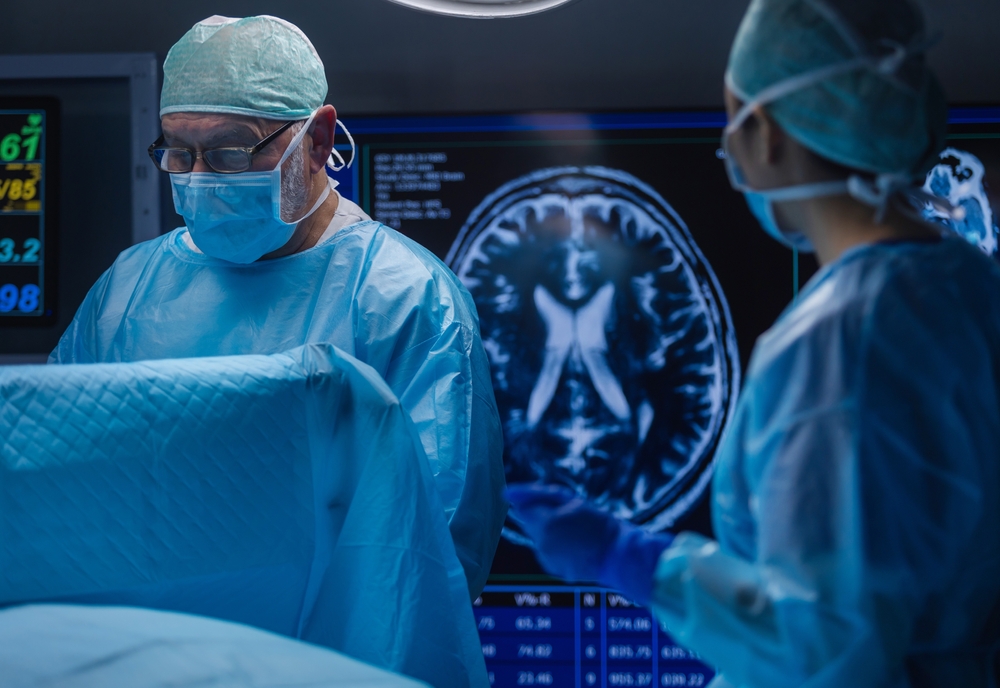- +91 9355-696-696
- +91 8686-58-2020
- +971 52 539 1708
- Locations - Gurugram, India I Dubai, UAE
Best Neurosurgery Fellowships & Endoscopic Training Programs in India
Get Schedule Endoscopic Training

Mastering the Art of Neurosurgery: Comprehensive Neurosurgery Training Course in India
Enhance Your Neurosurgical Skills with Our Advanced Training Course
Elevate your skills with our Advanced Neurosurgery Training Course in India. Specializing in Neurosurgery Fellowships, our program offers extensive hands-on training to help you achieve surgical excellence. Focus on areas such as endoscopic neurosurgery fellowship, neuro endoscopy fellowship in India, and minimally invasive neurosurgery fellowship. Join us to enhance your expertise through one of the best neurosurgery fellowships available. Enroll in the best endoscopic neurosurgery training course today and advance your career in neurosurgery. Don’t miss this unparalleled opportunity to excel in endoscopic neurosurgery fellowship programs. neuro endoscopy fellowship in india
Preparation for Neurosurgery
1. Patient Setup: The patient is placed on the operating table under general anesthesia, ensuring they are comfortably positioned for optimal surgical access.
2. Sterile Preparations: The surgical team meticulously sterilizes the patient’s head and surrounding area with antiseptic solutions and covers the area with sterile drapes to minimize infection risks.
3. Incision Planning: The surgeon carefully plans the incision site based on the specific neurosurgical procedure, marking the skin to guide the incision.
4. Craniotomy: A craniotomy (removal of a section of the skull) is performed to expose the brain. Specialized tools are used to remove the bone flap, which is temporarily set aside.
5. Visualization: Advanced imaging techniques, such as intraoperative MRI or CT scans, guide the surgeon and provide real-time visualization of the brain structures.
Neurosurgical Procedure Steps
1. Target Identification: The surgeon identifies the target area in the brain, which could involve a tumor, aneurysm, or other abnormalities.
2. Dissection and Exposure: Using microsurgical techniques, the surgeon carefully dissects the brain tissue to expose the target area while preserving critical structures.
3. Treatment: Depending on the procedure, the surgeon may remove a tumor, clip an aneurysm, or perform other necessary interventions. Precision and delicacy are paramount to avoid damaging surrounding tissues.
4. Closure: After the procedure, the surgeon meticulously closes the dura (the protective membrane covering the brain) and replaces the bone flap, securing it with plates and screws. The scalp incision is then closed using sutures or staples.
Postoperative Care and Potential Complications
1. Recovery: Post-surgery, the patient is closely monitored in a neurosurgical intensive care unit (ICU) to ensure stability, manage pain, and monitor neurological function.
2. Complications: Potential complications may include bleeding, infection, swelling of the brain, or injury to surrounding structures. Patients and their families should be informed about these risks beforehand.
3. Follow-Up: Patients are typically discharged after a few days, depending on their recovery. Follow-up visits are crucial for monitoring progress, managing complications, and ensuring a smooth recovery. Patients should be instructed to watch for signs of infection or neurological changes and seek immediate medical attention.
Significance of Neurosurgery Training at The Medicity for Neurosurgeons
1. Enhanced Skills: Training at The Medicity enables neurosurgeons to master specific skills and techniques required for neurosurgery under the guidance of experienced instructors.
2. Improved Patient Outcomes: Neurosurgery offers significant benefits to patients, including precise treatment of brain conditions, improved recovery times, and enhanced quality of life. Proficient neurosurgeons can provide optimal care and outcomes to their patients.
3. Competitive Edge: As neurosurgery advances, neurosurgeons proficient in the latest techniques gain a competitive advantage in the healthcare industry. Training at The Medicity ensures surgeons stay updated with the latest advancements in neurosurgery.
4. Patient Preference: Many patients prefer neurosurgery performed by highly trained specialists due to the complexity and risks involved. By offering advanced neurosurgical options, neurosurgeons can better accommodate the preferences and needs of their patients.
Related Courses

